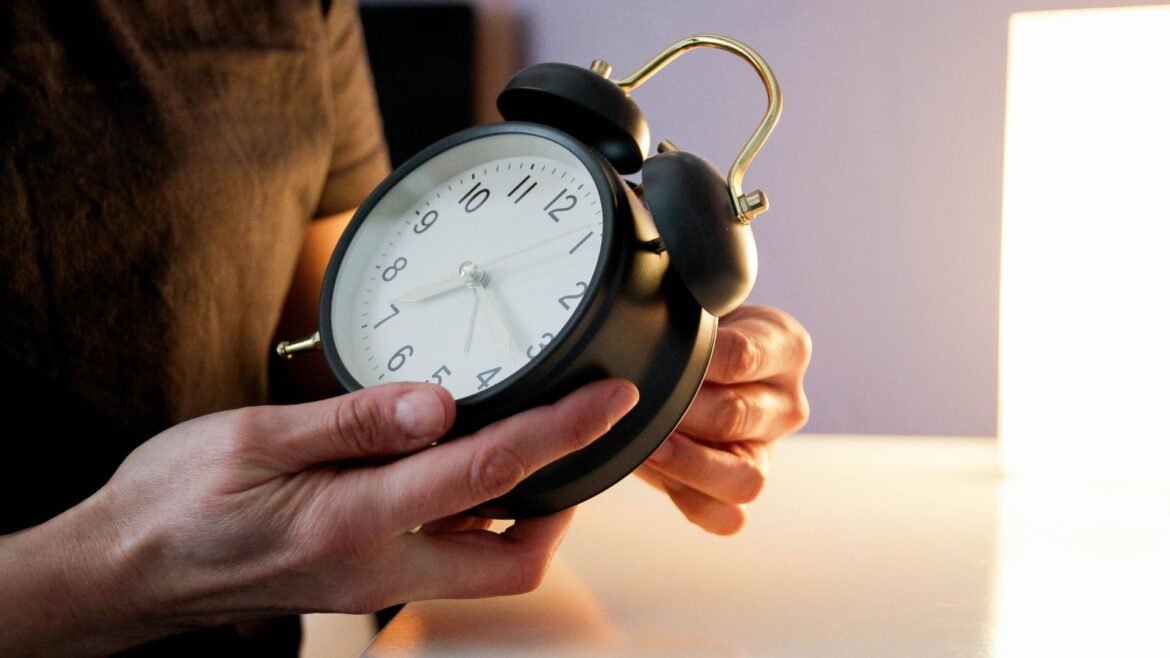It’s that time of year again: The evening now arrives earlier than many people punch out of work. On Sunday, Nov. 2, the clocks fell back by an hour for residents of 48 U.S. states and Navajo Nation, marking the end of daylight saving time (DST). In Europe, DST ended on Sunday, Oct. 26.
Despite the American Academy of Sleep Medicine (AASM) being in favor of establishing permanent standard time, many individuals want to keep DST year-round. In a Live Science poll published Oct. 28, we asked our readers what they thought about the contentious issue, asking whether or not they would get rid of daylight saving time.
But others explained they would stay in DST permanently because they wanted lighter evenings. “More evening daylight means more useful time after work/school,” “M’Lud” wrote. “Waking up in the dark feels normal. Arriving home in the dark can be depressing.”
Dave M agreed, stating a preference for year-round DST to get rid of “that yearly November shock of suddenly driving home from work in the dark.” Dave added that the annual fall back also limits the opportunities for recreational activities, with Jane B also noting that permanent DST would “make it easier to accomplish post-business hour tasks.”
Others were led by the research on the negative health repercussions of a mismatch between our body clocks and the environment. “The science is clear and standard time is solar time,” PazKe said. “It shouldn’t even be a question.”
What do you think? Share your view in the comments below.



